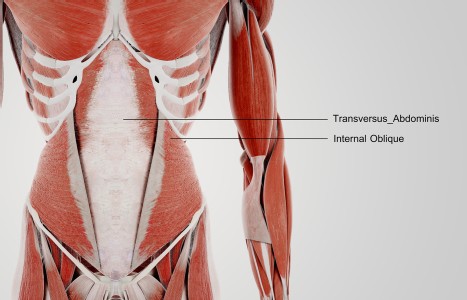TrA-2, my primary needle location, I needle 95% of the time and I think it works the best. You’ll know you have the right point location when you discover the muscle twitching when applying electric stimulation.
AAAOM Delegates Attend Meeting of the World Federation of Chinese Medicine Societies
The World Federation of Chinese Medicine Societies (WFCMS) held its 2007 annual meeting in Singapore, in partnership with the 4th International Congress of Traditional Medicine. The WFCMS conference emphasized connecting international leaders in the TCM field; research papers and treatment protocols were presented at the international congress.
The WFCMS is the largest international group of Chinese medicine professionals. As a large umbrella organization, it coordinates communication and projects between professional groups and Chinese medicine societies. The WFCMS also has strong ties to the World Health Organization (WHO). It has 177 member-organizations from 55 countries, representing an estimated 190,000 practitioners. WFCMS is connected to China's State Administration of Traditional Chinese Medicine (SATCM), under the Ministry of Health, and receives funding from the Chinese government and independent sponsors.
As the largest U.S. professional organization of acupuncture and Oriental medicine practitioners, the AAAOM is permitted to have up to five voting delegates participate at the WFCMS conferences. AAAOM delegates Gene Bruno, OMD, and Eric Brand, LAc, attended the WFCMS meetings. Also attending from the United States were Dr. Angela Tu, vice chair of WFCMS, Dr. Xiao Ming Tian, vice chair of WFCMS, Dr. Brian Chee Loh, vice chairperson WFCMS board of supervisors, and Dr. Rona Ma, who was elected this year to the executive council of the WFCMS.
Elections were held at the annual meeting and Dr. Gene Bruno, chair of international affairs for the AAAOM, was elected to the WFCMS' executive council. AAAOM delegates Eric Brand, LAc, the AAAOM vice chair of international relations, Marnae Ergil, LAc, Jeannie Kang, LAc, and Dr. Will Morris were all appointed as members of the WFCMS general assembly. Dr. Angel Tu and Dr. Xiao Ming Tian were re-elected to vice chair positions for their respective organizations.
In addition to the election proceedings, WFCMS reviewed its general goals. WFCMS is interested in improving standards of clinical practice, while also promoting consistency in research. To this end, they are seeking to reduce the disparity that is often seen with regard to basic Chinese medicine education and clinical practice. This element of their mission is highly supportive of the AAAOM's goals, as many members are concerned about other medical professionals practicing clinical Chinese medicine or conducting research without a comprehensive background education in the subject.
Another goal of the WFCMS is improving the standards of translation and language use within the international Chinese medical community. The WFCMS recognizes that the current lack of standards causes undue simplification of traditional concepts, as well as widespread inconsistencies in translated works. Currently, potential distortions in meaning are common, hampering efficient translation and comprehension. In an effort to improve this situation, the WFCMS recently published the first edition of its text, Basic Nomenclature in Traditional Chinese Medicine.
Dr. Choi Seung-Hoon, the leader of the terminology efforts of WHO Western Pacific Region, announced in the opening session meeting that WHO is currently working with WFCMS on terminology standards. WHO has just published its work, WHO International Standard Terminologies on Traditional Medicine in the Western Pacific Region, which contains 4,000 basic, technical key terms that must be preserved in translation.
WHO is also working to implement traditional diseases and pattern diagnoses into the newest version of the ICD (International Classification of Disease) codes. This development is of great significance to Western practitioners, as the implementation of traditional medicine into the ICD-11 codes will set the stage for enhanced future health care integration by providing diagnostic and billing codes for traditional patterns and disease categories.
The AAAOM is aware of the impact of terminology standards on professional education and clinical practice. The AAAOM recognizes that its members are interested in having access to a greater degree of integration into mainstream medical billing and recordkeeping. Consequently, it is forming a committee to investigate issues in terminology to provide feedback to groups such as the WFCMS and the WHO. Currently, the AAAOM has representation on the WFCMS Nomenclature Committee and the WHO Terminology Committee. Additionally, the AAAOM's strengthened delegate representation in the WFCMS opens the door for it to have even more direct contact with other WHO committees that impact the profession.
The next meeting of the WFCMS is planned for spring 2008, and the AAAOM plans to have a full delegation of representatives.


